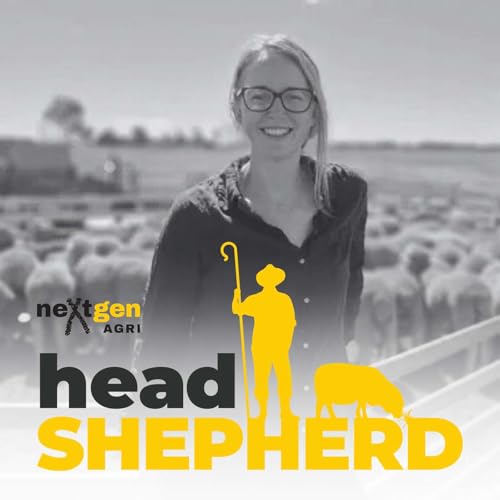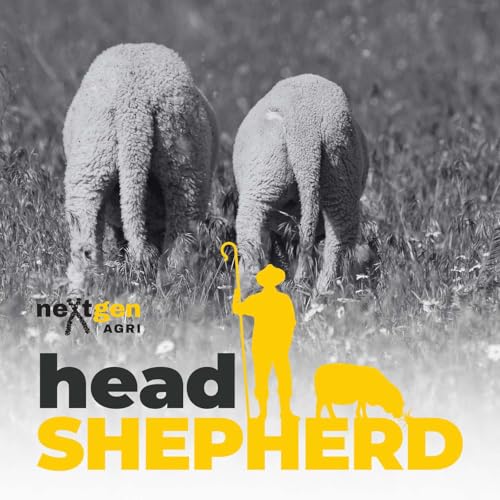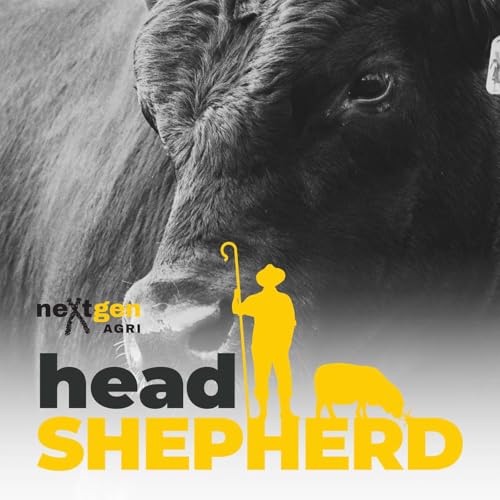What limits ewe productivity in current sheep systems?
Our guest this week, Tara Dwyer is breeding manager at Headwaters Genetics and a farm manager within the Lone Star Farms group. Her work covers stud breeding, commercial supply chains, and large-scale sheep systems, and in amongst all of that, she found time to do a Kellogg report, "A New Fleece on Life: How the Sheep Farming Sector in Aotearoa Can Halt Terminal Decline to Secure a Sustainable and More Secure Future"
Starting with her "day job", Tara and Mark discuss the value of genetics within a value chain, and how Headwaters is focusing on eating quality traits alongside maternal performance, resilience, and low-input efficiency. Tara explains how and why Headwaters selects for intramuscular fat and fatty acid profiles while still prioritising reproduction, lamb survival, and health traits.
Mark and Tara then discuss her recent Kellogg report, which looks at why lambs weaned per ewe have barely shifted for decades, why carcass output improved while reproduction stalled, and why relying on ram breeders alone is not a reproductive strategy. Tara explains her findings on where current systems have plateaued, what existing technology already allows producers to measure, and why individual ewe performance will be one of the next major productivity levers.
If you're interested in getting involved in the Head Shepherd TwentySix2000 campaign, click the link below:
https://fundraise.curebraincancer.org.au/fundraisers/markferguson/twentysix2000
Strava link:
https://www.strava.com/clubs/1858801
Head Shepherd is brought to you by neXtgen Agri International Limited. We help livestock farmers get the most out of the genetics they farm with. Get in touch with us if you would like to hear more about how we can help you do what you do best: info@nextgenagri.com.
Thanks to our sponsors at MSD Animal Health and Allflex, and Heiniger Australia and New Zealand. Please consider them when making product choices, as they are instrumental in enabling us to bring you this podcast each week.
Check out Heiniger's product range HERE
Check out the MSD range HERE
Check out Allflex products HERE
 1 hr and 1 min
1 hr and 1 min Dec 28 202526 mins
Dec 28 202526 mins 38 mins
38 mins 44 mins
44 mins 32 mins
32 mins 46 mins
46 mins 32 mins
32 mins 1 hr and 7 mins
1 hr and 7 mins
